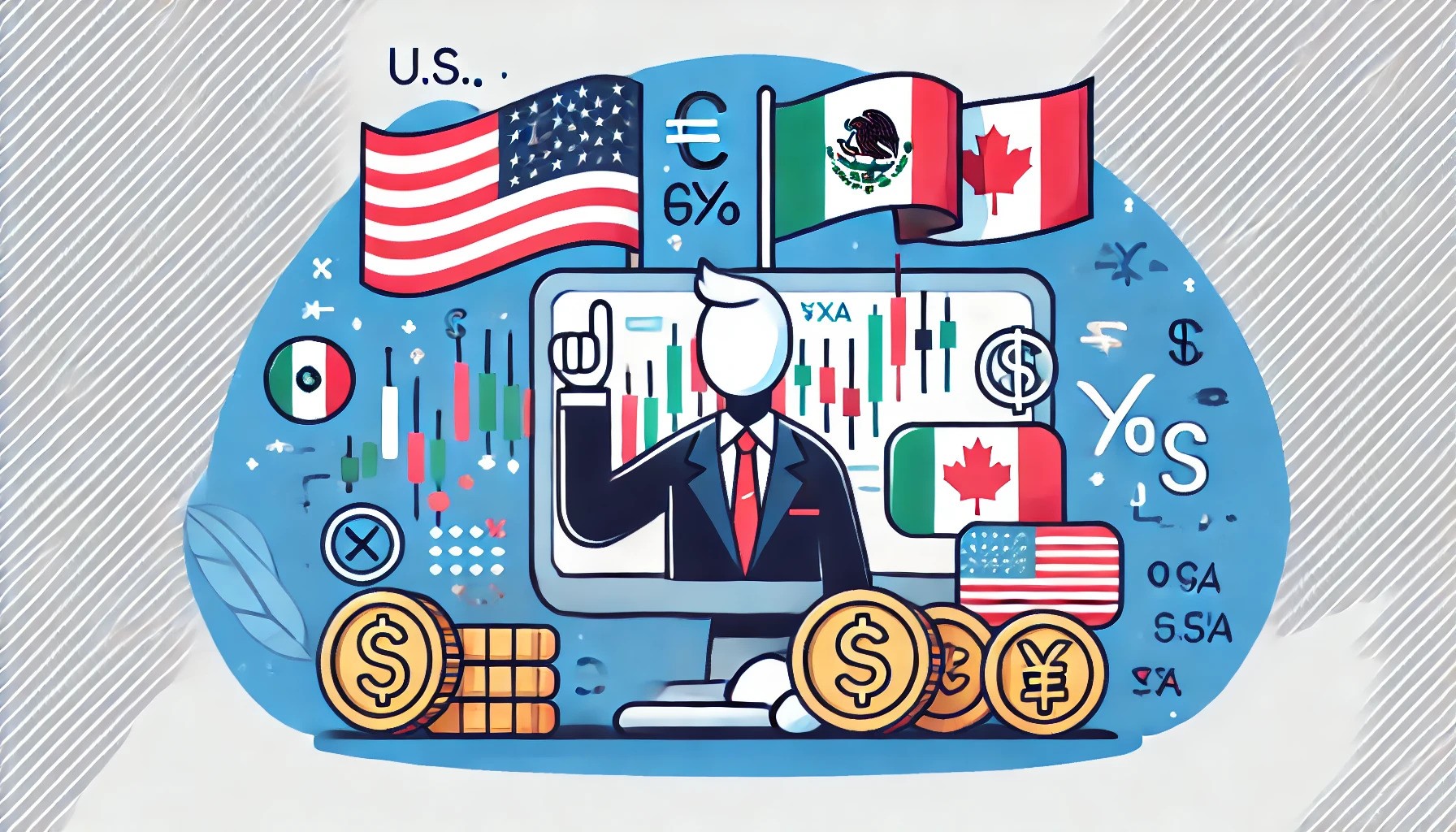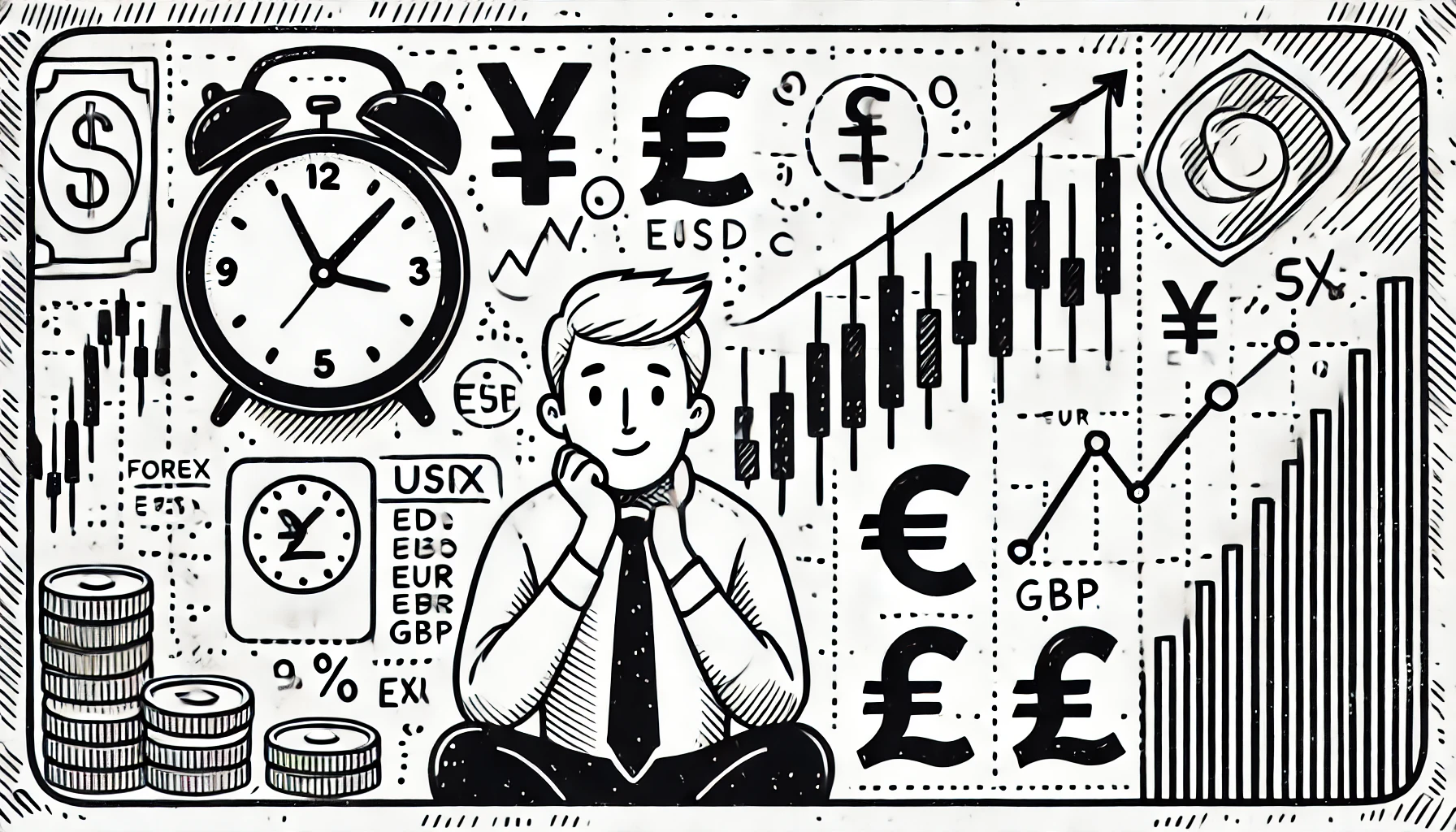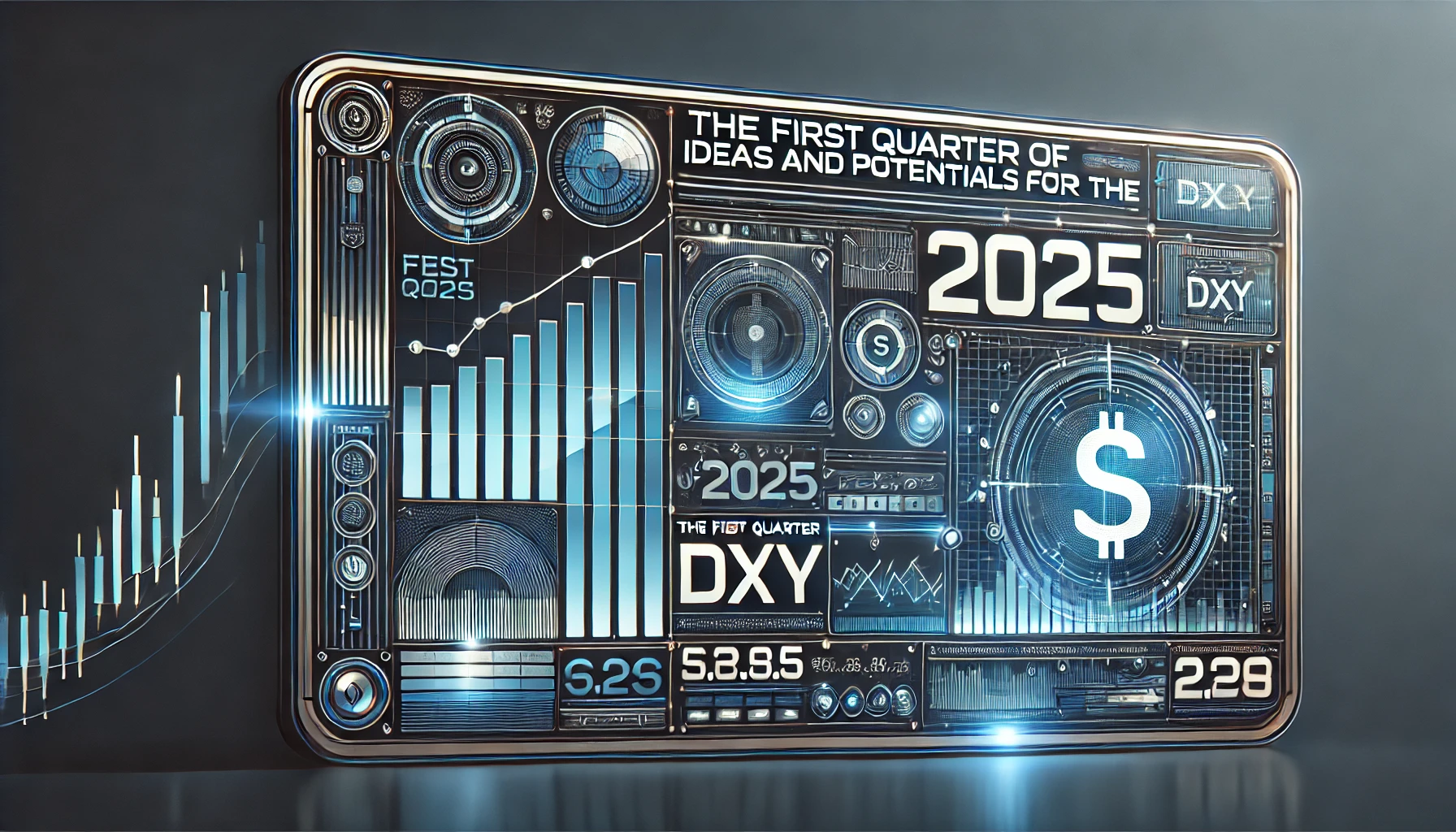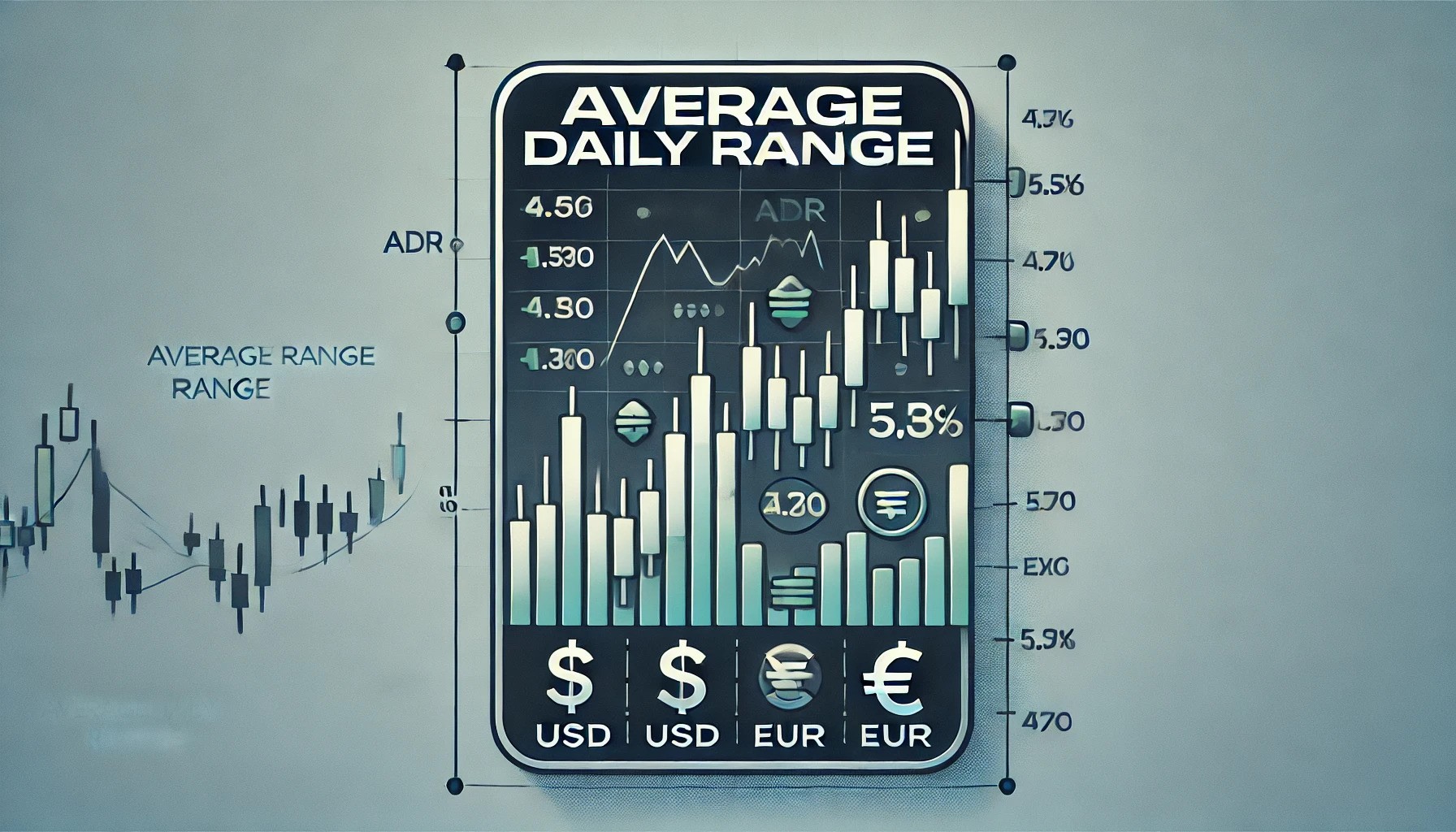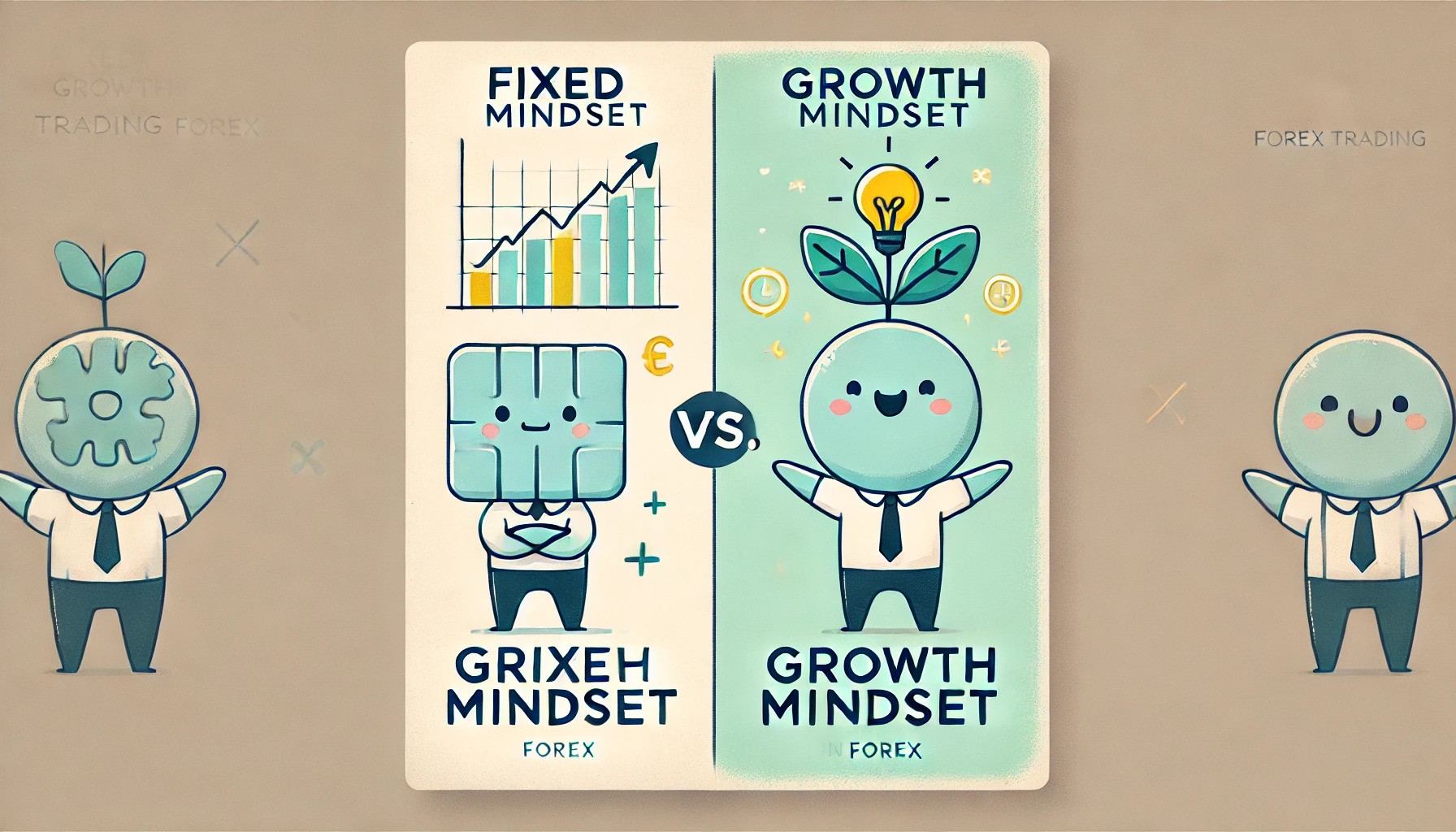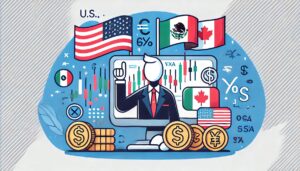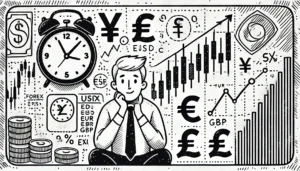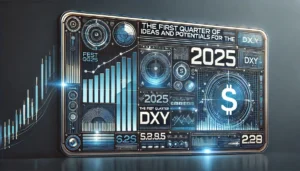In the fast-paced world of stock options trading, terminology can get quite specific. While “Deep in the Money ” might conjure up images of someone being overly dramatic online. Here it takes on a whole new meaning: Deep in the Money. Let’s unpack the DTM meaning. ITM Means: Understanding options in trading, for more information, click here.
DTM meaning: What does mean?
“Deep in the Money” in options trading. It refers to an option contract where the underlying asset’s price is significantly higher or lower (for put options) than the strike price.
Get KRAITOSX Now!
I Turned My Coffee Money into a Mansion: See My SHOCKING Trading Secret!

How do you use: “Deep in the Money” options?
An option contract grants the holder the right, but not the obligation, to buy (call) or sell (put) an underlying asset (like a stock) at a specific price (strike price) by a certain date (expiration date).
An option is considered “in the money” if the current market price of the underlying asset is already favorable for the option holder. For a call option, this means the stock price is higher than the strike price. Conversely, for a put option, the stock price is lower than the strike price.
Deep in the Money means a call option where the underlying asset’s price has significantly surpassed the strike price. The further “in the money” an option is, the greater its intrinsic value, which is the difference between the current market price and the strike price.
Here’s a breakdown:
- In the Money (ITM): The option has some intrinsic value because the strike price is favorable.
- Deep in the Money: The option has significant intrinsic value, indicating a strong advantage for the option holder.
Protection:
DTM’s meaning: Deep in the Money options are like having a champion on your team in the options game. Here’s how they can help you:
- Higher chance of winning: Imagine “Deep in the Money” options like a lottery ticket with really good odds. Because the stock price is already much higher (for calls) or lower (for puts) than the strike price, you’re more likely to make money if you buy the option and it goes even higher (calls) or lower (puts).
- Protection for your holdings: Think of options as an umbrella for your other investments. If you own a stock and worry about a rainstorm (price drop), you can buy a Deep in the Money put option. If the stock price falls, the put option goes up in value, helping to shield you from some of the rain (losses).
- Less worry about time: Normal options lose value over time as they get closer to expiring (like fruit going bad). But Deep in the Money options are less affected by this because they already have a lot of value built in. So, even if they lose a little value over time, they’re still worth something.
In short, Deep in the Money options can be a good choice if you want a higher chance of making money on options trades and you’re looking for ways to manage risk in your portfolio.

DTM’s meaning: Navigating Risk.
Being “deep in the money” carries several implications for traders:
Lower Risk: Imagine Deep in the Money options like training wheels on a bike. They offer more support (lower risk) compared to options that are just barely profitable (in the money) or not profitable yet (out of the money). This is because Deep in the Money options already have built-in value, acting like a safety net if the stock price goes down a bit.
Higher Upfront Cost: Think of Deep in the Money options like a fancy restaurant meal. It might be delicious (potentially more profitable), but it also costs more upfront (higher premium) compared to a regular meal (OTM or ATM options). Investors might choose Deep in the Money options even if they cost more because they offer some benefits.
Less Sensitive to Market Swings: Imagine Deep in the Money options like a sturdy sailboat. They’re less likely to be tossed around by choppy waters (market swings) compared to riskier options (OTM). This is because the core value of a Deep in the Money option is already strong, so ups and downs in the market have a smaller impact.
Alternative to Stock Ownership: DTM’s meaning: Deep in the Money call options can be like a rental apartment compared to buying a house. You get some of the benefits (potential profits from price increase) with a smaller investment upfront (less capital needed).
Golden Signals: if you want to know some tips about that, look at this article.
THE NEW TRADING WITH KRAITOSX.
Wall Street HATES This One Simple Trading Method (But They Can’t Stop It!)

Conclusion:
Deep in the Money : In options trading, “deep in the money” means an option is doing well. It has a high value because the stock price is much higher or lower than the price you could buy or sell the stock for with the option (strike price).
Traders like options because they’re less risky, even though they cost more upfront. They’re also less worried about market ups and downs. Knowing about options can help you use options like tools in your investment toolbox. These tools can help you make money from stock movements while keeping your risk in check.

